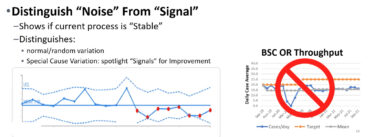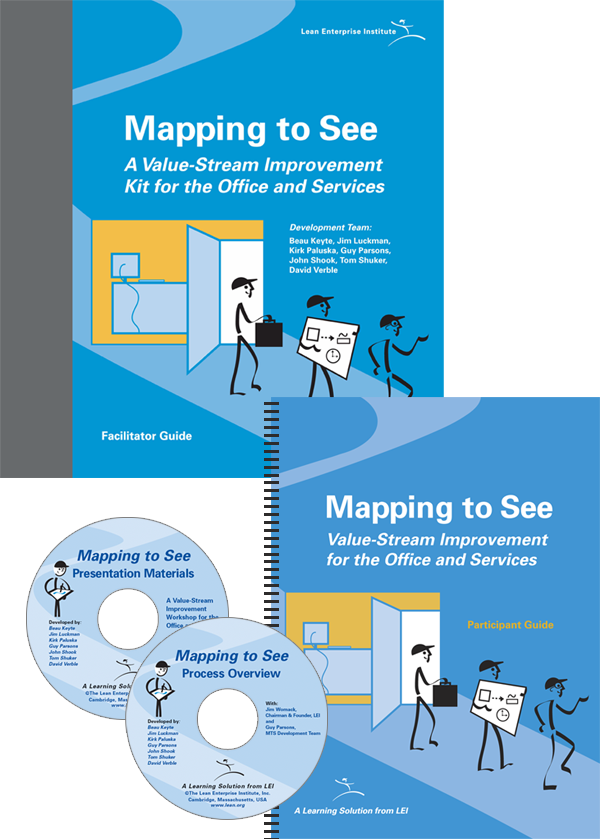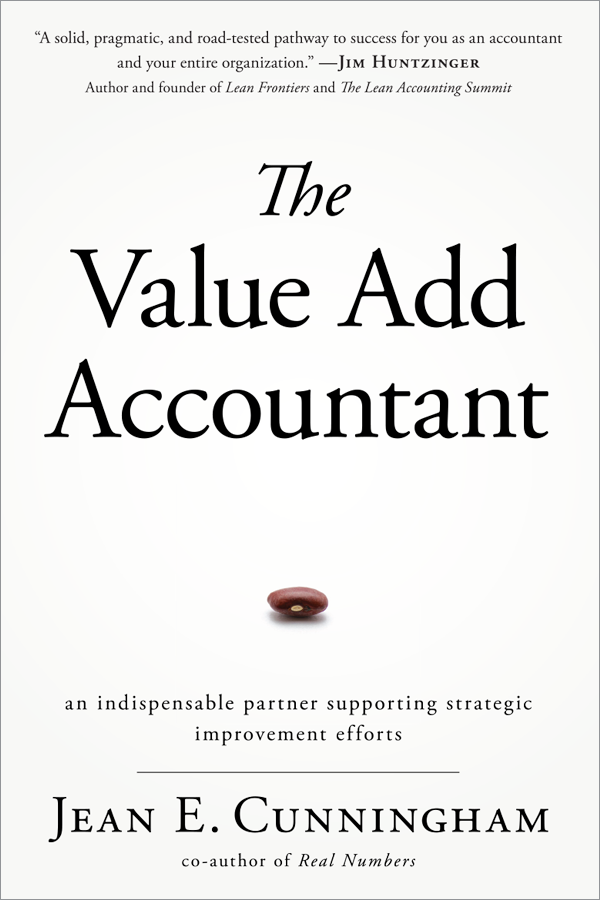Have you ever realized ten minutes into a job interview that your interviewee is the right person for the role? I had that experience when I interviewed a man named Dick for a chrome-plating manager opening at my company.
Now, I’d like to be careful because interviewing is not a perfect science and identifying a soft skill like problem solving is not easy. Deciding ten minutes into an interview may eliminate a lot of waste, but only if you make the right decision. But your candidate’s answers to a seemingly unrelated warmup question can lead to a very telling conversation about how they think and act.
We had an important opening for a very technical leadership role as a chrome plating manager. The chrome-plating process includes 52 tanks of various chemicals that parts dip into in order to clean, etch, and layer multiple metals. It was our most complex process in terms of sensitivity to many, many variables that required constant monitoring and control.
Dick had more than 25 years of experience in plating, and that alone caught our attention. When I interviewed him, my objective wasn’t to understand his technical competence – his resume already told me that. I wanted to learn how well he would fit in with our culture, particularly in terms of problem solving, working with others and leading. In a blog last month, I shared three questions that I use in an interview to explore a candidate’s ability to lead problem solving. As warm-up questions before I get to those questions, I like to start out by asking about a person’s interests and how they learn.
And so I asked Dick about his hobbies. Dick said that one of his favorite hobbies is being a mechanic on a race team. I probed and asked about the type of car and how they did. He said that for many years, his team has scored in the top 10 in terms of points. The other top teams all spent over $1M a year on their racing operations, but his team only spent about a fifth of that amount. This response was very telling. It told me that they were doing something much more efficiently than others, doing it for an extended period and getting top results.
Note, I’m not a racing fan. I love to build cars, but I don’t get into performance matters like racing. I have a good friend Wes that has been racing for a long time and I have seen the challenges of preparing and maintaining a car. Wes would always say that winning was largely dependent on the suspension and how it was set-up.
So I asked Dick to explain more about their process, and what about it enabled them to do so well at a much lower cost compared to other teams. He said that they would set up the car the exact same way in the garage before they headed to the track. During warm-ups, the driver would provide feedback on the handling, such as cornering, braking and lift. Dick added he and the pit crew followed a very disciplined process to make suspension changes in only four places. Those four adjustments have many settings, but they limited their changes and got a better idea of how the car would respond. So they weren’t spending money on the latest parts, expensive equipment, or wasting time making adjustments that didn’t improve performance on the track. Clearly, they were achieving process excellence.
Ten minutes into the interview, I knew we had the right candidate. I could tell that Dick understood many aspects of floor management (Gemba Kanri) and PDCA, both very important for problem solving. He and his team had established a very clear standard and process assurance for the racecar before they went to the track. At the track, they used PDCA to do quick kaizen. The results and lower operating costs highlighted the effectiveness of their problem solving.
I used the next 50 minutes to confirm my observations during the first ten minutes and asked him questions about teamwork and problem solving. I hired him later.
About six months after Dick joined our organization, it became very clear he was the right hire. He attacked some complex and difficult-to-solve issues. He spent time upgrading facilities and items that didn’t have an obvious cause-and-effect relationship to results. In other words, he was fixing things we hadn’t seen before. Soon after we achieved our highest plating-line uptime results, strong improvements in quality, and lower scrap rates. As president of the company, I noticed that I enjoyed Dick’s presentations during monthly operations reviews because I could see problem-solving activities, leadership and the connection between maintenance improvements and results.
Asking some simple questions like the above example can help you identify those who are great fits for the problem-solving culture that you are trying to create. Please don’t forget that this isn’t a shortcut to developing problem solvers, since it is a basic responsibility for all leaders. But finding and hiring someone like Dick will enhance your culture and improve your ability to develop problem-solving skills.





